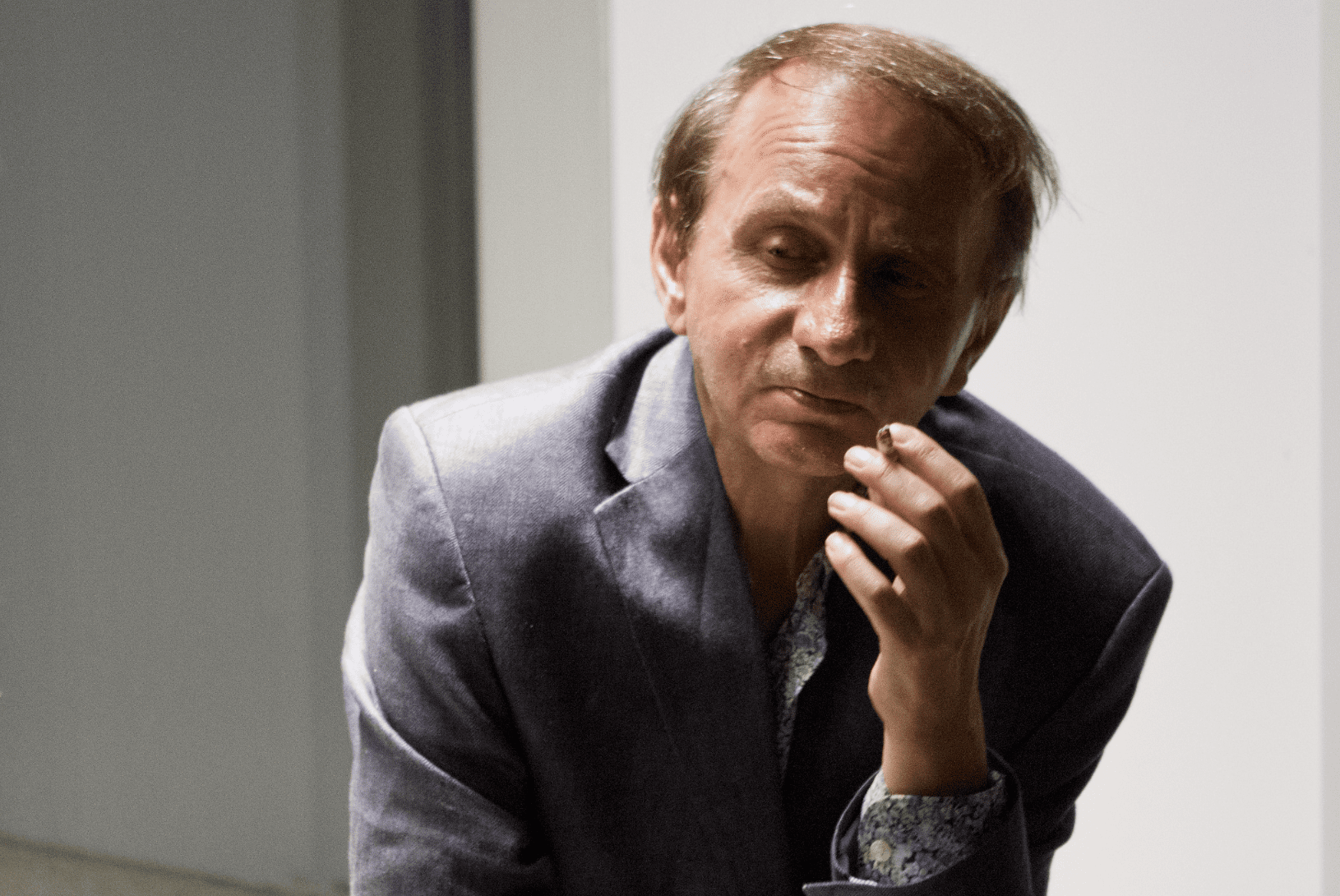
Michel Houellebecq—one of France’s preeminent writers known mainly for his novels, poems, and essays, but who is also an occasional actor, filmmaker, singer, and rapper—has said that the Great Replacement, a term used to describe the gradual replacement of people native to France by foreign populations, is a fact.
Houellebecq’s statements, published by the Paris-based newspaper Le Figaro on Tuesday, November 29th, came during a far-reaching discussion with the highly-prolific French philosopher and author Michel Onfray, where the two explored highly contentious, emotionally charged topics like religion, euthanasia, migration, demographics, and the European Union, among others, Valeurs Actualles reports.
“The Great Replacement, I was shocked it is called a theory. It is not a theory, it is a fact,” Houellebecq began. “When it comes to immigration, nobody controls anything—that is the whole problem. Europe will be swept away by this cataclysm.”
Michel Onfray then added: “This is objectively what the numbers say.” The two thinkers agree that the demographic decline of the West—and the West’s cultural, economic, and spiritual decline—is inevitable.
Houllebecq, who has been hailed as France’s greatest living writer for his keen observations and incisive insights on modern society, mentioned that although France is not declining at a faster rate than other European countries, it does, unlike other European countries, have “an exceptionally high awareness of its own decline.”
While the two thinkers agree that a slew of perils awaits the French people, including de-Christianization, environmental degradation, transhumanism, Americanism, the Great Replacement, and European bureaucracy, their opinions diverge on the topic of Islam.
Onfray believes Islamism poses less of a threat to France than Houellebecq does, arguing that political Islam is “not such a powerful phenomenon” but rather “a reaction to American power.” The philosopher contends that Muslims, over time, will replace their religious beliefs with consumerism, just as many other traditional cultures around the world have already done, including Christian Europeans in the West.
Houellebecq, however, believes that “when entire territories are under Islamist control, acts of resistance will take place… There will be attacks and shootings in the mosques… Bataclan in reverse,” referencing the 2015 attacks at Paris’s Bataclan theatre which saw 130 people murdered and 416 injured by Islamists. The attacks were the deadliest to take place in France since World War II.
In his statements, Houellebecq seems to be suggesting that ethnic tensions may reach a boiling point where native French will take up arms and begin carrying out attacks against Muslims, as was witnessed in Christchurch, New Zealand.
Onfray, for his part, replied: “You think the civil war is coming, I think it’s already here, quietly.”
The forty-five-page dialogue, which has been turned into an essay, has been described as an “exceptional dialogue” that is “brilliant, deep, often funny, and in every way exciting. Houellebecq’s genius for the absurd emulsifies wonderfully with Onfray’s rhetorical force.”
Interestingly—and perhaps unexpectedly— the two thinkers also refer to themselves as “populists.” “You are like me. You are a populist!” Onfray said, to which Houellebecq then replied: “That is fine with me. From the Right, I have my doubts, but ‘populist’ suits me.”
